带有QTS的PGCE二级化学
PGCE Secondary Chemistry with QTS

学历文凭
Graduate Certificate

专业院系
School of Teacher Education and Professional Development

开学时间

课程时长

课程学费

国际学生入学条件
IDP—雅思考试联合主办方

雅思考试总分
7.0
- 雅思总分:7
- 托福网考总分:60
- 托福笔试总分:160
- 其他语言考试:NA
CRICOS代码:
申请截止日期: 请与IDP联系 以获取详细信息。
课程简介
Our one-year Postgraduate Certificate in Education (PGCE) prepares you to teach the secondary school science curriculum for the 11-16 age range. Science is crucial to the development and future prospects of children. Becoming a teacher is exciting and transformative. You can inspire the next generation of scientists and ensure all children value their science education. Developing scientific skills, curiosity and literacy enables children to understand the world around them so they can make informed decisions about their lives and have a say in society.University sessions are led by specialist tutors and supported by excellent technicians. You will explore theory informed, up-to-date and practical teaching practices in our school-styled laboratories. You will learn how to plan, assess, reflect on and use research to continually improve your practice in a supportive environment. You’ll also develop your teacher persona, ability to manage behaviour for learning and support children’s wellbeing.Some sessions are specific to chemistry but the majority occur in mixed specialism groups. Just like science departments in schools, we explore the connections across the sciences and share expertise.There will also be guest sessions with alumni and experts from a variety of organisations. Past sessions include speakers from the Institute of Physics and Royal Society of Chemistry. The course is taught by highly experienced, research active, subject experts and supported by an excellent team of science technicians.
相关申请
 预科
预科 奖学金
奖学金 实习机会
实习机会 在校学习
在校学习 跨境学习
跨境学习 校园授课-线上开始
校园授课-线上开始 在线/远程学习
在线/远程学习
开学时间&学费
学费信息仅供参考,请与IDP联系以获取详细信息
| 开学时间 | 时长 | 学费 | 地点 |
|---|
学校排名

世界排名601
数据源:
泰晤士高等教育世界大学排名
关于曼彻斯特城市大学

曼彻斯特城市大学是英国规模最大的大学之一,拥有来自120多个国家和地区的5000多名国际学生,构成了一个多元化的校园社区。校园位于市中心,地理位置优越,毗邻曼彻斯特世界闻名的音乐、体育和文化场所。曼彻斯特城市大学以其卓越的教学质量而闻名,在2023年卓越教学框架(TEF)中荣获金奖。该大学以其卓越的科研实力而闻名,其中90%的科研成果被评为世界领先或国际优秀(REF 2014-2021)。自2015年以来,学校已投入超过4亿英镑用于教学设施、户外空间和基础设施的建设,旨在打造现代化、先进的学习环境。学校及其教授与产业界和学术界保持着紧密的联系,通过实习、见习和毕业生职位等方式为学生创造就业机会。学生全年都可以参加各种招聘会,与潜在的未来雇主见面。曼彻斯特城市大学知识渊博、热情友好的国际办公室将全程为国际学生提供申请支持。该团队定期举办线上活动,并随时解答学生在离开本国前遇到的疑问。国际学生抵达曼彻斯特城市大学后,大学将提供更多个性化支持,包括移民、职业发展、财务、身心健康和学习等方面的额外帮助,例如英语课程,以及来自学术和学习技能团队的指导。学生服务中心提供所有与学生相关的资讯服务,团队还可以为学生转介至其他专业机构寻求进一步的帮助。曼彻斯特拥有丰富的文化、历史和独特的魅力,为学生提供宝贵的学习体验。该市在英国学生城市排名中位列前五(QS最佳学生城市,2026),在英格兰学生体验排名中位列第七(全国学生调查,2025)。
本校相关课程

理学硕士动物园保护生物学
学历文凭
Masters Degree (Taught)
开学日期
课程费用总额

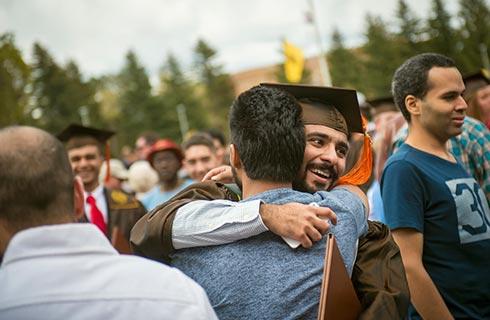
理学学士(荣誉)人类生理学
学历文凭
Bachelor Degree with Honours
开学日期
课程费用总额

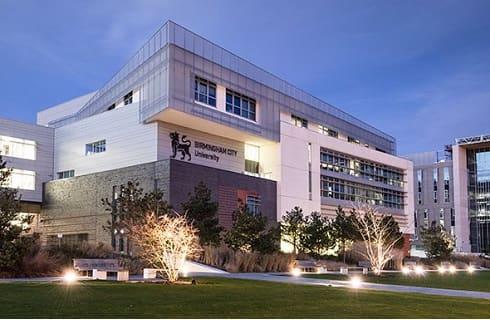
理学士(荣誉)自然地理学
学历文凭
Bachelor Degree with Honours
开学日期
课程费用总额

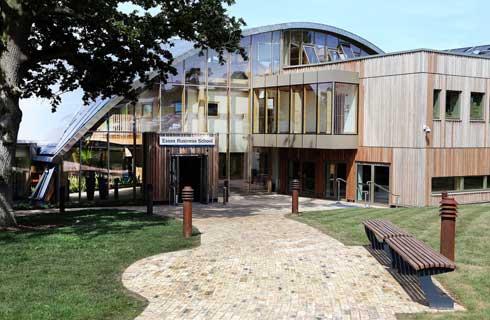
理学学士(荣誉)微生物学和分子生物学
学历文凭
Bachelor Degree with Honours
开学日期
课程费用总额

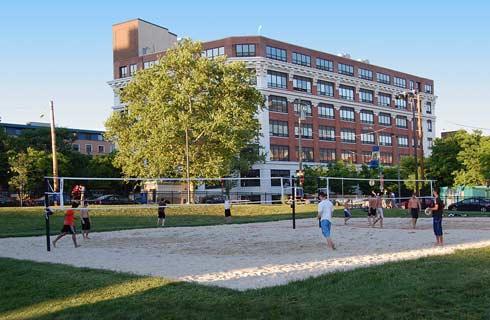
理学士(荣誉)药物和生物化学
学历文凭
Bachelor Degree with Honours
开学日期
课程费用总额


环境科学(荣誉)理学士
学历文凭
Bachelor Degree with Honours
开学日期
课程费用总额

其他相关课程
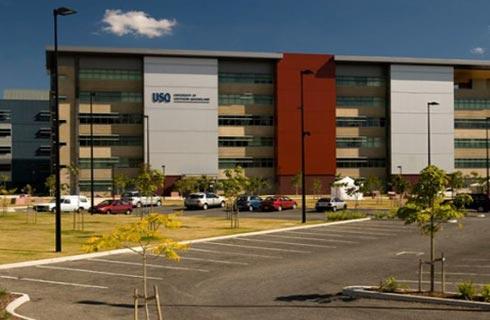
化学哲学博士(研究部)-化学
 悉尼新南威尔士大学
悉尼新南威尔士大学学历文凭
Ph.D.
开学日期
课程费用总额

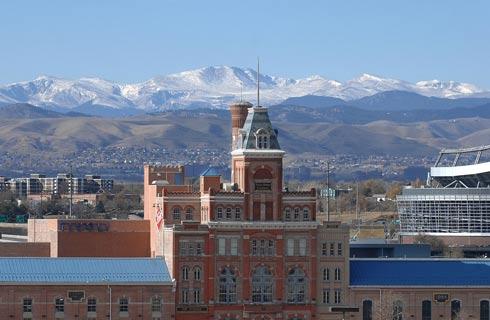
Graduate Diploma of Laboratory Quality Analysis and Management
 麦考瑞大学
麦考瑞大学泰晤士高等教育世界大学排名:167
学历文凭
Graduate Diploma
开学日期
课程费用总额

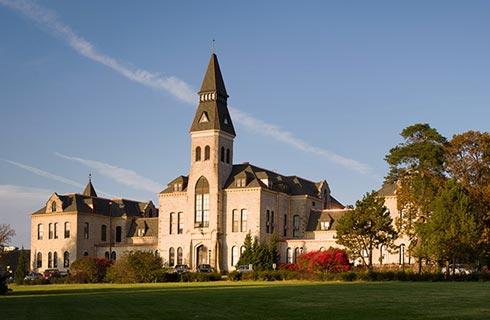
化学科学硕士
 乐卓博大学
乐卓博大学泰晤士高等教育世界大学排名:267
学历文凭
Masters Degree (Coursework)
开学日期
课程费用总额


哲学硕士(化学)
 科廷大学
科廷大学泰晤士高等教育世界大学排名:256
学历文凭
Masters Degree (Research)
开学日期
课程费用总额


哲学博士(化学)
 纽卡斯尔大学
纽卡斯尔大学学历文凭
Ph.D.
开学日期
课程费用总额

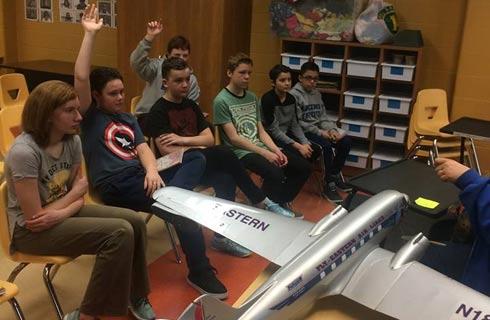
化学理学学士
 莫道克大学
莫道克大学泰晤士高等教育世界大学排名:438
学历文凭
Bachelor Degree
开学日期
课程费用总额










 英国
英国